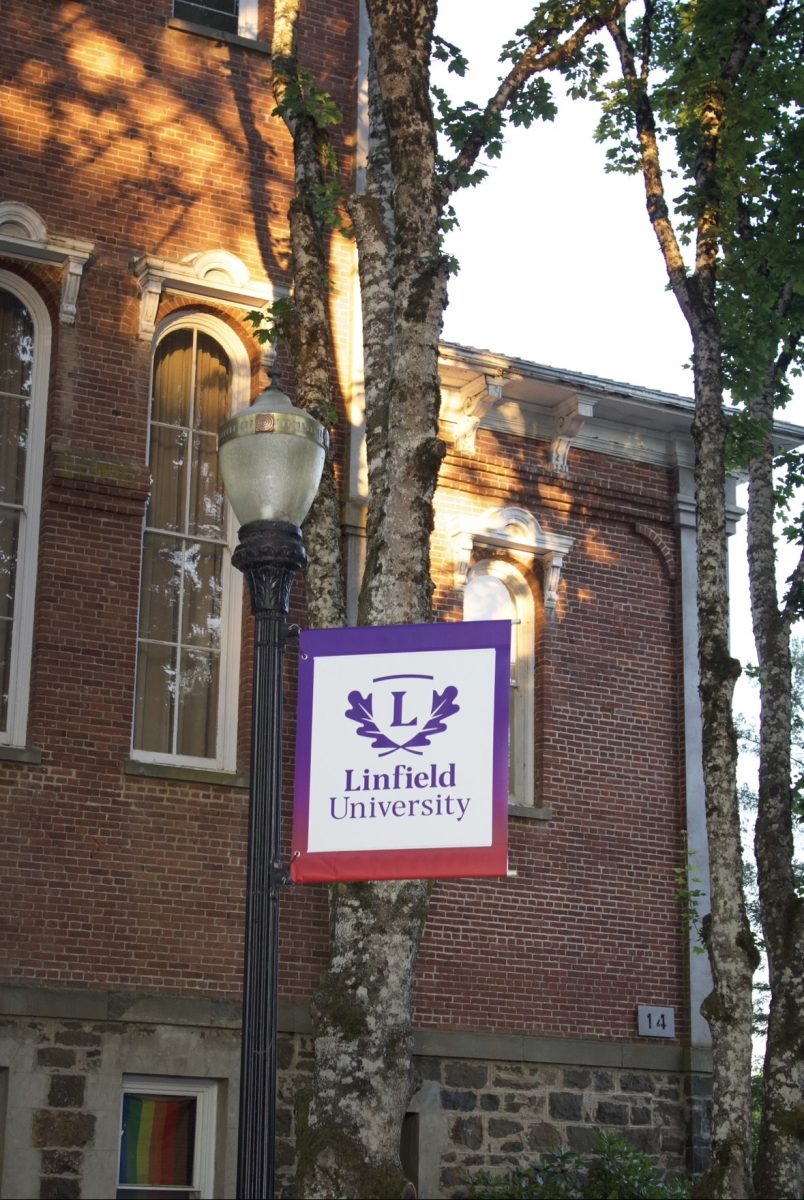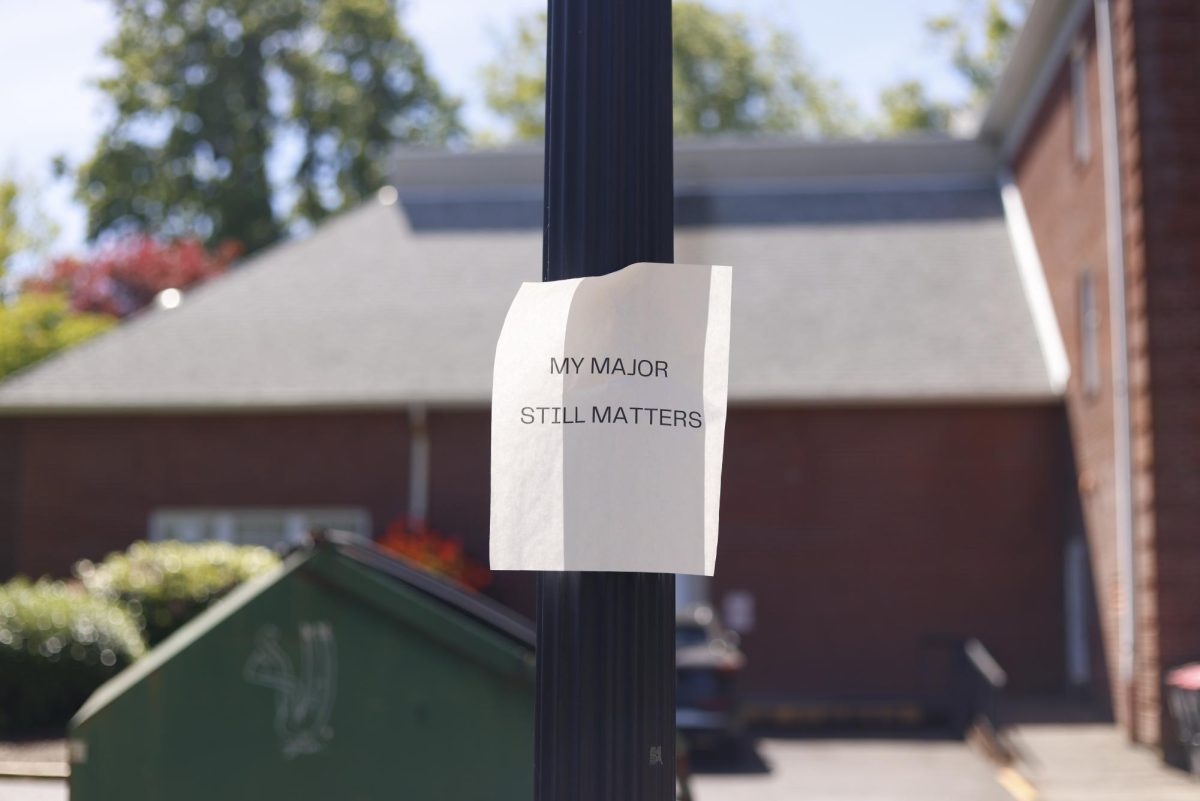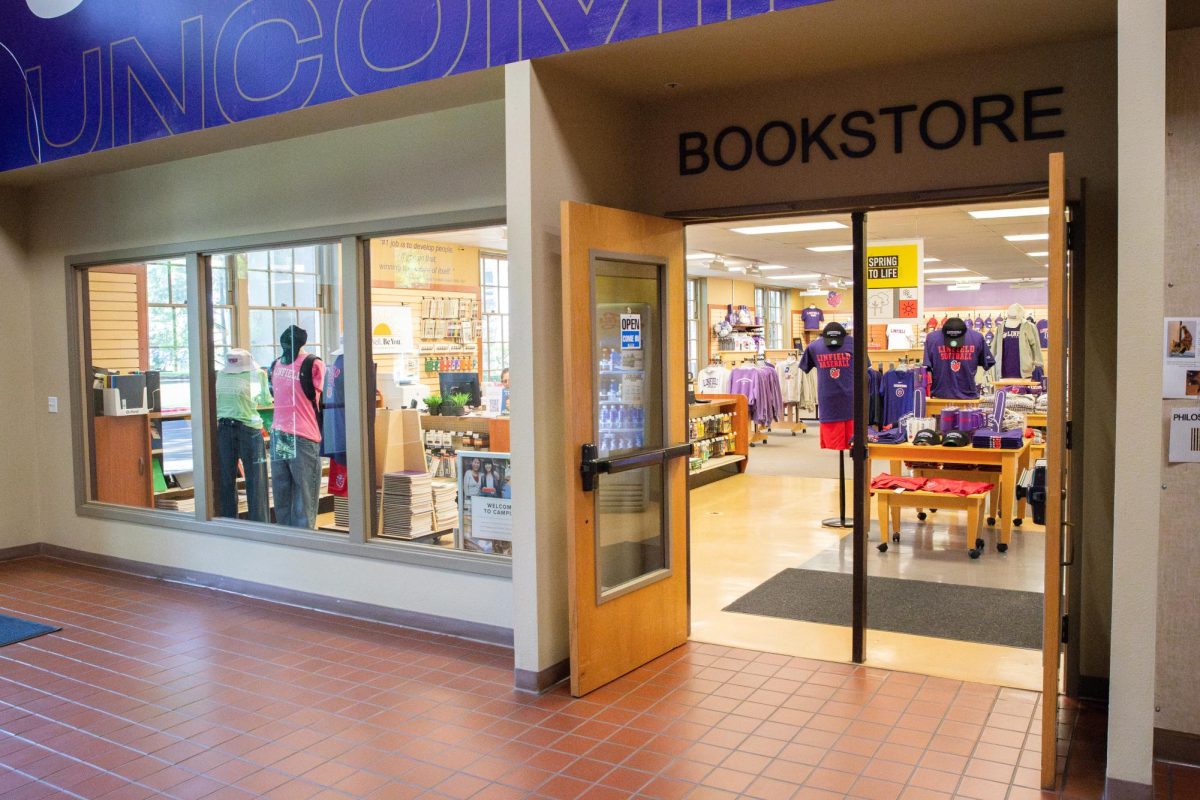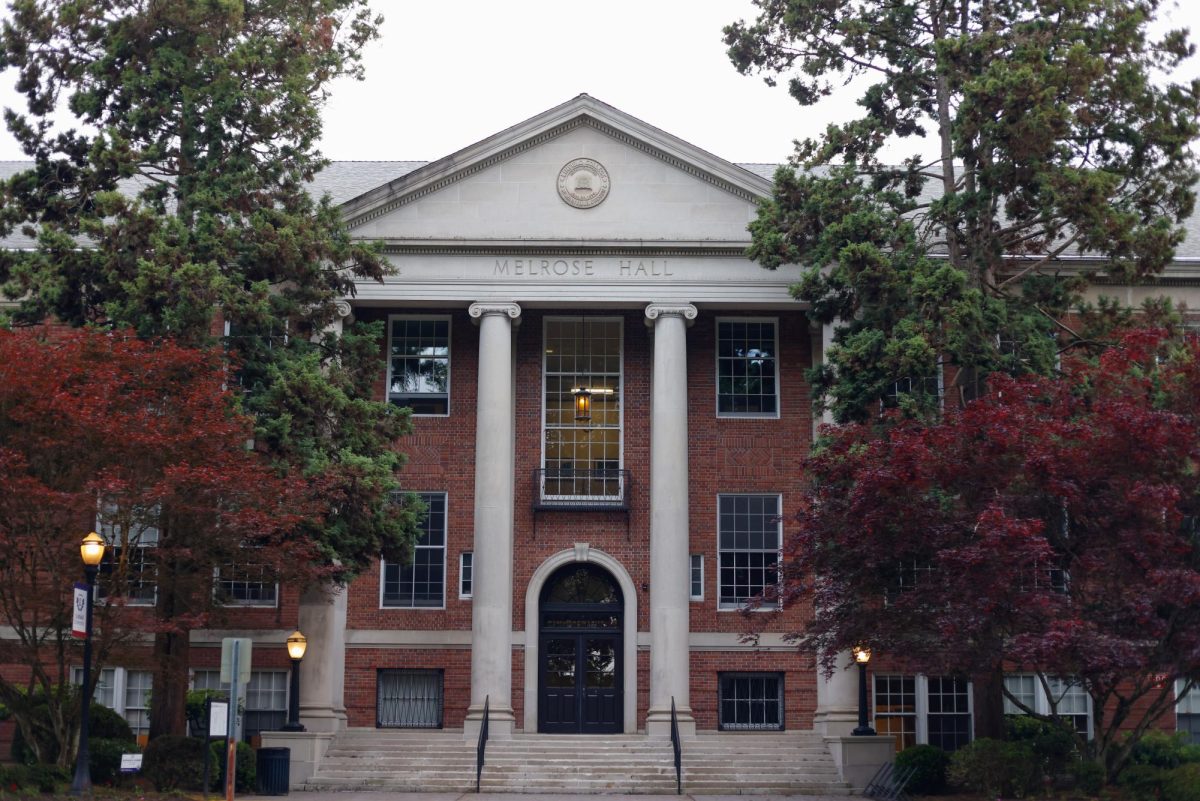What began as a small disposal site in 1982, dedicated to serving primarily local users, has been sold several times and is now owned by Texas-based Waste Management, Inc., the world’s largest waste handling company and the 196th largest company overall. It was previously scheduled to be closed and the land returned to farming in 20 years
Today, Riverbend Landfill serves as a regional dump for Portland and several other areas around Yamhill County. Out of 640,000 tons of garbage per year, only about 25 percent comes from Yamhill County.
“That’s what most citizens object to,” said Ramsey McPhillips, an established farmer whose land shares a border with Riverbend Landfill. “Yamhill County is getting paid $1.25 per ton for storing other people’s garbage.”
McPhillips is one of the founders of a movement to stop the landfill from expanding. The Stop the Dump Coalition is a collection of businesses and environmental groups who want the landfill to close in 2014, as it had been scheduled to do, instead of expanding. Currently, Waste Management, Inc. is trying to obtain a permit to build a mechanically stabilized earthen
berm around the perimeter of the landfill. The proposed berm would rise as high as 40 feet and expand the landfill’s capacity from its current 13.3 million to 16.2 million cubic yards.
In the past, WM has submitted permit requests to expand horizontally onto neighboring farmland, like McPhillips’ farm, but the Stop the Dump Coalition has fought WM in court and has so far managed to prevent the conversion of farmland to landfill. According to McPhillips, the group’s main method
of fighting the landfill’s expansion is to prevent WM from obtaining a permit for any kind of expansion.
Besides loss of prime farmland and the storage of other counties’ garbage, the Stop the Dump Coalition is also worried about leaks. According to the group’s website, stopthedumpcoalition.org, Riverbend Landfill began collecting garbage before the U.S. Environmental Protection Agency implemented rules regarding gas management and the use of liners, so several sections of the landfill are not lined properly and have been leaking volatile organic compounds into the groundwater around the dump.
“I don’t use my irrigation anymore,” McPhillips said. “The only things we’re growing are things not consumed by humans.”
According to McPhillips, the soils beneath the landfill are loose, sandy and saturated. In the event of an earthquake, the soil has a high chance of losing its structure and its strength through soil liquefaction, and the landfill would be destroyed, letting roughly 15 stories of trash spill into the South Yamhill River.
“If the landfill was destroyed in an earthquake, there would be a huge amount of toxins going into the river,” McPhillips said. “There are other landfills in Oregon that are not on a river and don’t have this danger of liquefaction. There’s no need for this one.”
Waste Not of Landfill County is an organization that is “the official arm of the Stop the Dump Coalition” according to the coalition’s website. Waste Not formed in 2009 and has been opposing the expansion of Riverbend Landfill ever since. Other partners of the Stop the Dump Coalition include local wineries, restaurants, farms and vineyards.
McPhillips said although he helped found the Stop the Dump Coalition, he is no longer part of the group.
“I need to be able to get in people’s faces,” McPhillips said. “I need to be able to be waving signs on the side of the road.”
Read more about Riverbend Landfill at riverbend.wm.com, the Stop the Dump Coalition at http://stopthedumpcoalition.org and Waste Not of Yamhill County at http://www.wastenotofyamhillcounty.net.
______________________________________________________________________________________________
Sharon Gollery/Culture editor






